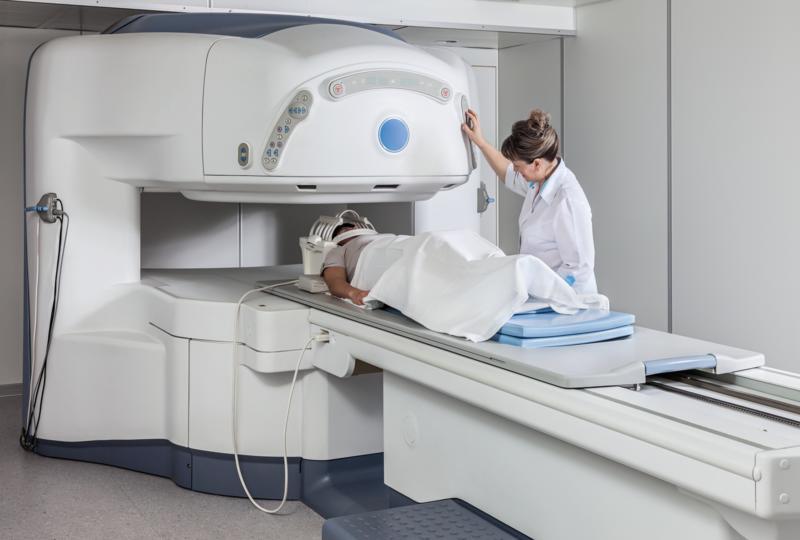Significant Changes to Guidelines for Alzheimer's Disease
The new guidelines
These past few decades, the guidelines for detecting Alzheimer’s disease greatly depends on the medical provider’s clinical judgment, which concerns the main cause of an individual’s symptom. In a nutshell, they all base their findings from the patient, a family member, a spouse or even friend along with the data acquired from the clinical assessment, such as neurological tests, a brain scan, cognitive examinations, and blood tests.
But more often than not, diagnosis of either dementia or Alzheimer's resulted in a clinical diagnostic challenge since clinical signs as well as symptoms (most particularly during early state) can be more consistent with one other cognitive syndrome. They would often treat and diagnose with non-conclusive and dementia clinical tests, which can not only confirm dementia or Alzheimer's disease, but it also could add to the confusion, enclosing the subsequent care and diagnosis for patients who suffer from cognitive disorders.
